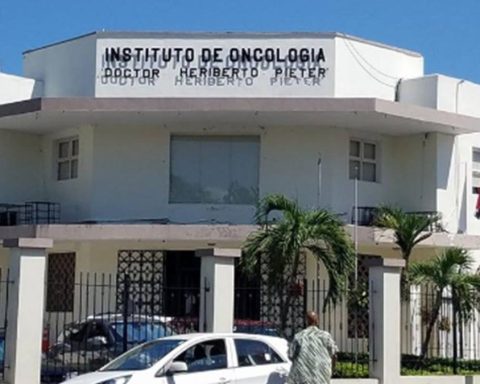After 9:30 pm this Wednesday, the plenary session of the National Assembly approved in the second debate, Bill 776, which includes a modification to the procedure for recalling the mandate, which would benefit 15 dissident deputies from Cambio Democrático (CD ).
Project 776 was proposed by the Electoral Court (TE), to reform some administrative powers contemplated in the Electoral Code. However, the deputies of the Government, Justice and Constitutional Affairs Commission, when approving the project in the first debate, introduced an article that was not in the original project, and that states the following:
“Article 438-A: The decisions that are approved by the majority of the deputies of the parliamentary faction to which they belong, may not be used by the political parties as grounds for revocation of mandate, nor for the expulsion of the deputies, registered or not in the political party for which they were nominated.
Currently, article 151 of the Constitution and article 488 of the Electoral Code establish that the political party to which the seat has been awarded may revoke the mandate of the principal or alternate deputy who has applied, registered or not in the party. With the recently introduced reform, the political parties would lose that competition.
Prior to the vote, in the second debate, the Panamanian deputy Luis Ernesto Carles presented a minority report against the legislative “shrimp” and warned that article 438-A would violate the Constitution.
“Here there are a number of lawyers who have been writing to us, scholars of constitutional law, who already warn that this is unconstitutional,” said Carles, the only member of the Government Commission who saved the vote when project 776 was approved in the first debate. , last Tuesday, March 15.
The independent Juan Diego Vásquez voted in favor of the project in the first debate, but later said that in the second and third debates he would vote against it.
“The problems that a group has that are resolved in their party, but do not affect democracy… What they have introduced today is a shrimp,” Carles emphasized.
But Yanibel Ábrego, who leads the group of 15 dissident CD deputies –who are currently facing a mandate revocation process–, replied that the proposal for political parties to lose the power to revoke mandates has the sole purpose “of safeguarding Legislative decisions”.
He also reproached the TE for not accepting a proposal from the 15 dissident deputies to hold an extraordinary convention and expel Rómulo Roux from the CD presidency. “We were not heard by the Electoral Court… If not, this issue might already have been finished,” Ábrego said in the plenary session.
Roux also warned that article 438-A conflicts with the Constitution.











